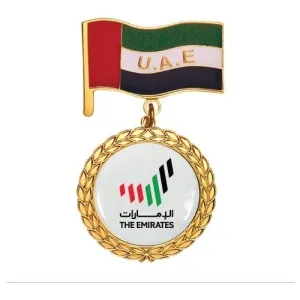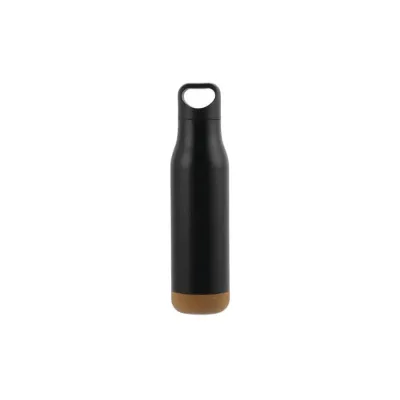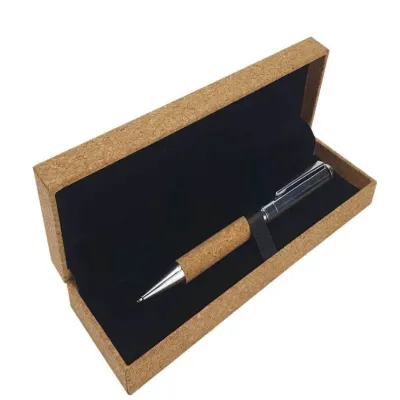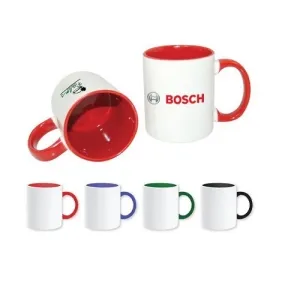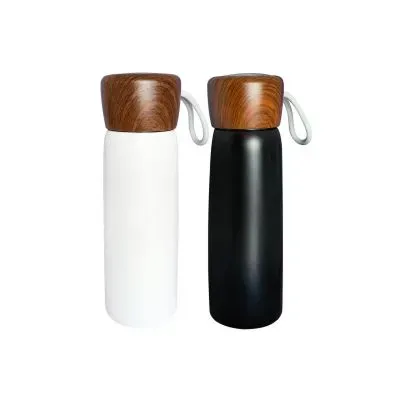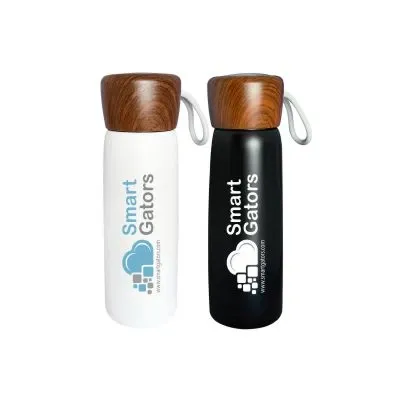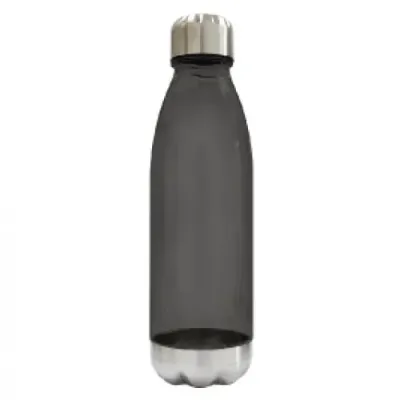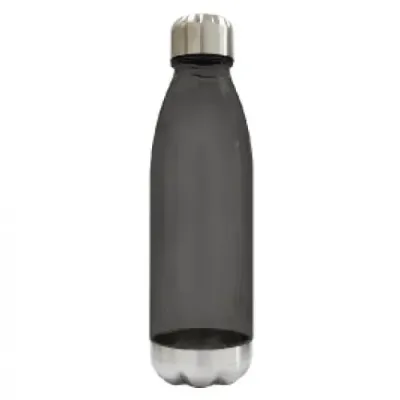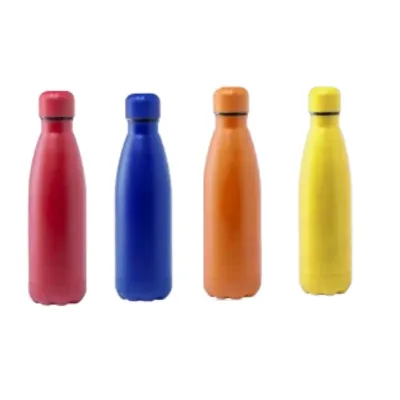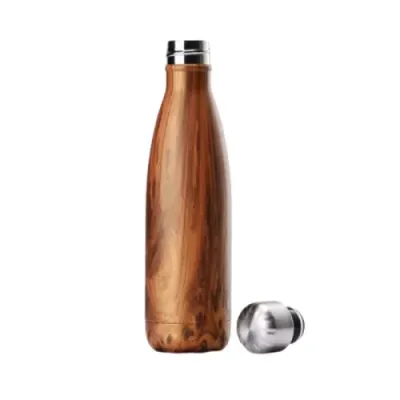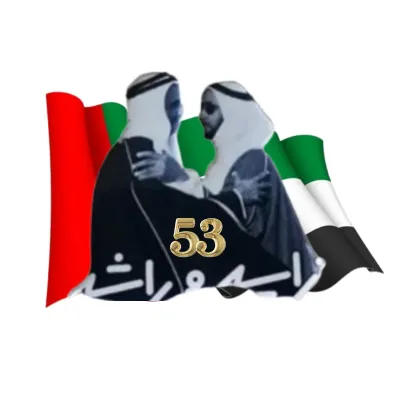How to create a QR code
the Power of QR Codes with Elzit-Your Ultimate Guide
In today's digital age, QR codes have become an indispensable tool for businesses and individuals alike. From facilitating seamless transactions to enhancing marketing efforts, QR codes offer a myriad of benefits. If you're looking to harness the power of QR codes effortlessly, look no further than Elzit. In this blog post, we'll delve into what QR codes are, how they can be used, and the advantages of creating them through Elzit. Additionally, we'll address ten frequently asked questions about QR codes to equip you with comprehensive knowledge.
What is a QR Code?
QR code, short for Quick Response code, is a two-dimensional barcode that can store a variety of information, such as text, URLs, contact details, and more. Originally developed in Japan for tracking automotive parts, QR codes have evolved into a versatile tool used across various industries.
How Can You Use QR Codes?
-
Marketing Collateral: Embed QR codes in marketing materials, such as posters, flyers, and brochures, to direct users to your website, social media profiles, or promotional offers.
-
Product Packaging: Include QR codes on product packaging to provide customers with additional information, instructional videos, or access to user manuals.
-
Event Management: Generate QR codes for event tickets, allowing attendees to quickly check-in or access event details via their smartphones.
-
Payment Systems: Utilize QR codes for mobile payments, enabling customers to make transactions conveniently using their smartphones.
-
Contactless Menus: Amidst health concerns, restaurants can implement QR codes for contactless menu access, minimizing physical contact.
In the promotional gifts industry, QR codes are revolutionizing the way businesses engage with customers and enhance brand visibility. Incorporating QR codes onto promotional gifts opens up a myriad of interactive possibilities. For instance, businesses can embed QR codes on items such as branded merchandise, apparel, or stationery, enabling recipients to access exclusive discounts, product information, or promotional offers simply by scanning the code with their smartphones. This interactive element not only adds value to the promotional gift but also fosters a deeper connection between the brand and its audience. Furthermore, QR codes provide a measurable way to track the effectiveness of promotional campaigns, allowing businesses to gather valuable insights into consumer behavior and engagement levels. By leveraging QR codes in the promotional gifts industry, businesses can create memorable experiences for their customers while maximizing the impact of their marketing efforts.
Benefits of Creating QR Codes:
-
User-Friendly Interface: Elzit offers an intuitive platform that simplifies the QR code creation process, making it accessible to users of all skill levels.
-
Customization Options: With Elzit, you can personalize your QR codes with various designs, colors, and logos to align with your branding strategy.
-
Analytics Tracking: Gain insights into QR code performance with Elzit's analytics feature, allowing you to track scans, location data, and user demographics.
-
Dynamic QR Codes: Elzit enables the creation of dynamic QR codes, which can be edited or updated even after distribution, providing flexibility and adaptability.
-
Multi-Purpose Functionality: Whether you're a small business owner, marketer, or event organizer, Elzit empowers you to leverage QR codes for diverse applications effortlessly.
FAQs About QR Codes:
-
What devices are compatible with scanning QR codes?
QR codes can be scanned using a wide range of devices, including smartphones and tablets equipped with cameras. Most modern smartphones come pre-installed with QR code scanning functionality in their native camera apps. Additionally, there are numerous QR code scanning apps available for download on both Android and iOS platforms.
-
Are QR codes secure?
QR codes themselves are not inherently secure or insecure. The security of a QR code depends on the content it contains and how it's used. While QR codes can be encrypted or contain secure information, they can also be used to direct users to malicious websites or phishing scams. It's essential to exercise caution when scanning QR codes from unknown or untrusted sources.
-
Can QR codes store sensitive information?
Yes, QR codes can store sensitive information such as personal data, contact details, encrypted messages, or confidential documents. However, it is crucial to encrypt or secure sensitive information before embedding it into a QR code to prevent unauthorized access or misuse.
-
How do I scan a QR code?
To scan a QR code, simply open the camera app on your smartphone or tablet and point it towards the QR code. Alternatively, you can use a dedicated QR code scanning app. The camera will automatically detect the QR code, and a notification or prompt will appear, allowing you to access the content embedded in the code.
-
What is the difference between static and dynamic QR codes?
Static QR codes contain fixed information that cannot be changed once generated. In contrast, dynamic QR codes can be edited or updated even after creation. Dynamic QR codes offer greater flexibility and functionality, making them ideal for scenarios where information may need to be modified or updated regularly.
-
Do QR codes expire?
QR codes can be configured to expire after a certain period or a specified number of scans, depending on the creator's preferences. However, not all QR codes have an expiration date. It's up to the creator to determine the lifespan of a QR code based on their specific requirements.
-
Can QR codes be customized with logos?
Yes, QR codes can be customized with logos, images, colors, and branding elements to align with the creator's visual identity or marketing objectives. Adding a logo to a QR code can enhance brand recognition and make the code more visually appealing to users.
-
Are there any limitations to the amount of data a QR code can store?
Yes, there are limitations to the amount of data that a QR code can store. The maximum storage capacity of a QR code depends on factors such as the version of the QR code (size), error correction level, and type of data being encoded. Generally, QR codes can store up to a few kilobytes of data, which is sufficient for most applications.
-
How do QR codes benefit businesses?
QR codes offer numerous benefits to businesses, including enhanced marketing opportunities, improved customer engagement, streamlined operations, increased efficiency, and data analytics insights. QR codes can be used for various purposes, such as promoting products/services, facilitating mobile payments, providing contactless interactions, and tracking inventory or assets.
-
Can QR codes be used for inventory management?
Yes, QR codes are commonly used for inventory management purposes. Each item or asset can be assigned a unique QR code, which can store relevant information such as product details, serial numbers, location, and status. Scanning QR codes allows businesses to track inventory movement, update stock levels, streamline order fulfillment processes, and improve overall inventory accuracy and efficiency.
In conclusion, QR codes have revolutionized the way we interact with information and businesses. By leveraging Elzit's intuitive platform, you can unlock the full potential of QR codes and propel your endeavors to new heights. Whether you're aiming to streamline operations, enhance marketing efforts, or enrich user experiences, QR codes are a valuable asset in your toolkit. Embrace the convenience, versatility, and efficiency of QR codes with Elzit today.
Spotlight on Trending Promo Gear
Browse the most popular and trending Corporate Gifts


